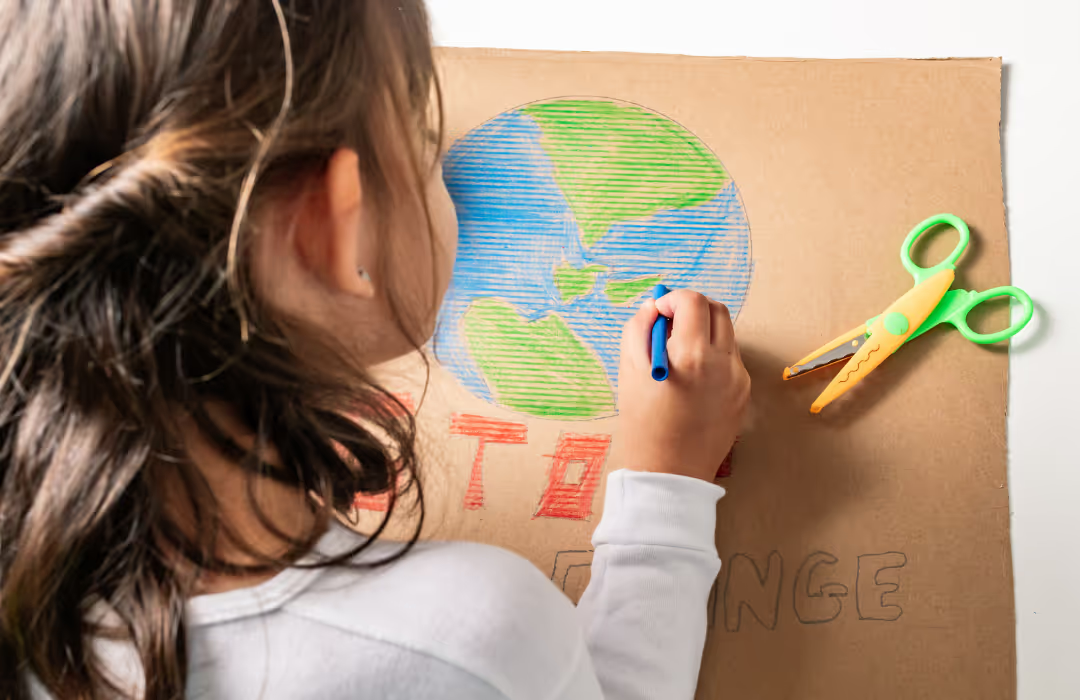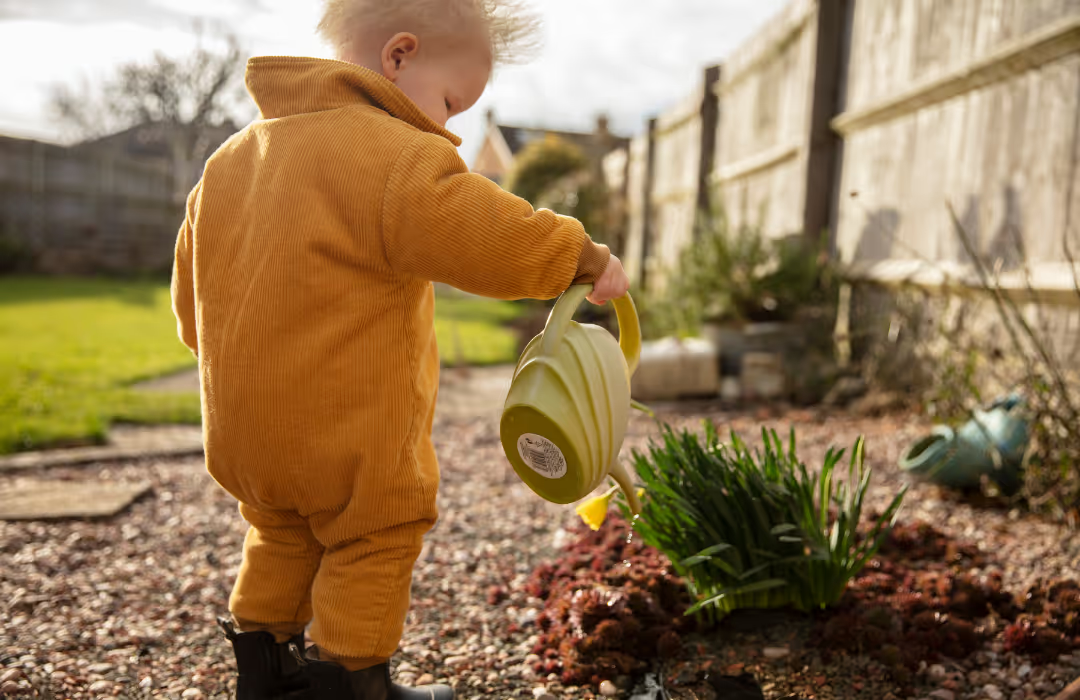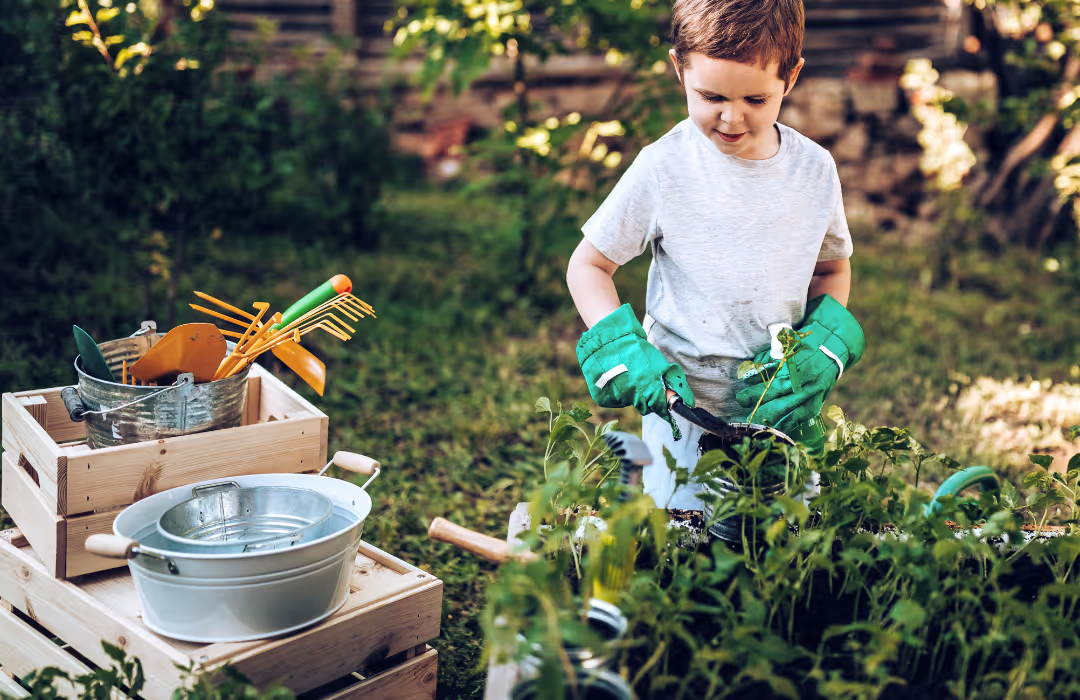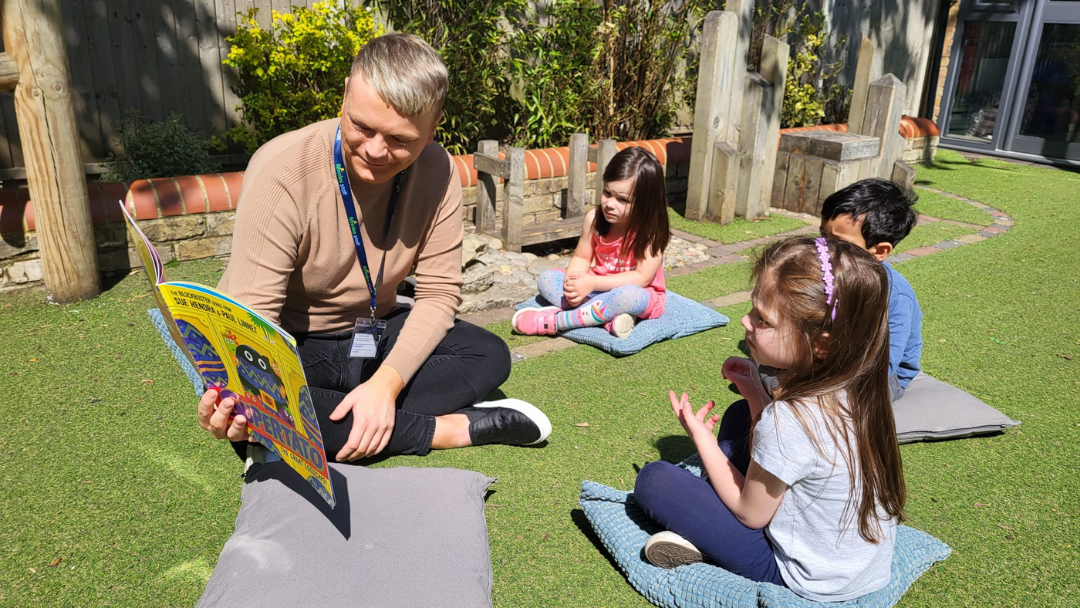Promoting Environmental Awareness in Early Childhood Education
In today's world, where environmental concerns are becoming increasingly pressing, it is crucial to foster a sense of environmental awareness in young children. Early childhood education plays a vital role in shaping the attitudes and behaviours of future generations towards the environment.
By engaging children in nature-based activities, utilising interactive learning tools, and overcoming challenges, nursery educators can effectively promote environmental awareness from an early age. This article will explore the importance of environmental awareness in early childhood education, strategies for integrating environmental education into early learning, challenges educators may face, and ways to measure the success of environmental education initiatives.
- Understanding the Importance of Environmental Awareness
- Integrating Environmental Education in Early Learning
- Challenges in Promoting Environmental Awareness
- Strategies for Effective Environmental Education
- Measuring the Success of Environmental Education
- Conclusion
Understanding the Importance of Environmental Awareness
The Role of Early Childhood Education in Environmental Conservation
Early childhood education serves as a crucial foundation for instilling values and shaping attitudes towards the environment. When children develop an understanding of the interconnectedness between humans and the natural world, they are more likely to develop pro-environmental attitudes and behaviours. By integrating environmental education into early learning, educators and nurseries can inspire children to become stewards of the environment.
Furthermore, early exposure to environmental concepts can lead to a deeper appreciation for nature and a sense of responsibility towards preserving it. Through hands-on activities like gardening, recycling projects, and nature walks, young children can develop a strong connection to the environment around them, fostering a sense of wonder and respect for the natural world.
Research shows that environmental education offers an effective approach to improving the environmental knowledge, attitudes, intentions, and behaviour of young people.
The Impact of Environmental Awareness on Future Generations
By promoting environmental awareness in early childhood education, we are investing in the future of our planet. When children are exposed to the significance of environmental conservation, they are more likely to carry these values into adulthood. This creates a ripple effect that has the potential to shape sustainable practices in society for years to come.
Moreover, instilling a sense of environmental responsibility in young minds can lead to the development of innovative solutions to environmental challenges. As the next generation grows up with a deep-rooted understanding of the importance of sustainability, they are more likely to seek out ways to protect the environment and mitigate the impact of human activities on the planet. Already, research shows that 57% of parents think their children know more about sustainable living than they do.
Encouraging creativity and critical thinking in environmental education can empower children to become changemakers in the global effort towards a greener and more sustainable future.

Integrating Environmental Education in Early Learning
Incorporating Nature-Based Activities in the Curriculum
One effective way to promote environmental awareness is by incorporating nature-based activities into the curriculum. Outdoor field trips, gardening projects, and sensory exploration of the natural environment allow children to develop a deeper connection with nature. By engaging their senses, they develop a greater appreciation for the beauty and fragility of the planet.
Outdoor field trips can take children to local parks, nature reserves, or botanical gardens, where they can observe various plant and animal species in their natural habitats. These experiences not only foster a sense of wonder and curiosity but also instil a sense of responsibility towards preserving biodiversity. Gardening projects, on the other hand, provide hands-on experience in caring for plants, teaching children about the importance of sustainable practices and the interdependence of living organisms.
Utilising Interactive Learning Tools for Environmental Education
Technology can play a powerful role in enhancing environmental education. Interactive learning tools such as educational apps and websites provide children with opportunities to explore environmental concepts in engaging and interactive ways. Videos, virtual reality experiences, and interactive quizzes can captivate their attention while deepening their understanding of environmental issues.
- Educational apps focused on environmental education can simulate real-world scenarios, allowing children to make decisions and see the consequences of their actions on the environment.
- Virtual reality experiences can transport them to different ecosystems around the world, immersing them in the sights and sounds of diverse habitats.
- Interactive quizzes not only test their knowledge but also reinforce key concepts in a fun and engaging manner.

Challenges in Promoting Environmental Awareness
Overcoming Misconceptions about Environmental Education
One of the challenges faced in promoting environmental awareness in early childhood education is overcoming misconceptions. Some educators may believe that environmental education is too complex for young children or that it detracts from academic subjects. It is essential to debunk these misconceptions and emphasise that environmental education can be integrated seamlessly into various subjects, fostering a love for learning and the environment simultaneously.
Addressing the Lack of Resources for Environmental Learning
Another challenge is the lack of resources for environmental learning. Limited funds, access to outdoor spaces, and availability of teaching materials can pose obstacles to educators. However, with creativity and collaboration, educators can find innovative ways to utilise existing resources, engage local communities, and seek partnerships with environmental organisations to overcome these challenges.

Strategies for Effective Environmental Education
Creating a Sustainable Learning Environment
Creating a sustainable learning environment is key to promoting environmental awareness. Educators can incorporate sustainable practices into everyday routines, such as recycling, composting, and conserving energy. By modelling these behaviours, children gain firsthand experience of sustainable living and develop lifelong habits.
At Fennies, many of our nurseries have beautiful garden spaces and outdoor areas for children to explore and get curious in and around nature.
Encouraging Parental Involvement in Environmental Education
Engaging parents in environmental education initiatives is essential for long-lasting impact. Educators can organise workshops, webinars, and community events to educate parents about the importance of environmental awareness. By providing parents with resources and strategies to implement at home, children receive consistent messaging about the significance of environmental conservation.
At Fennies, we welcome parent partnerships and aim to create safe spaces where parents and families can share experiences, celebrate milestones, and create lasting connections while being part of our community.

Measuring the Success of Environmental Education
Evaluating Children's Understanding of Environmental Concepts
Assessing the effectiveness of environmental education programs requires evaluating children's understanding of environmental concepts. Educators can use rubrics, observation, and hands-on activities to gauge the depth of children's knowledge and their ability to apply it in real-world situations. Regular assessments enable educators to tailor their teaching approaches and ensure continuous improvement.
Assessing the Long-Term Effects of Environmental Education
To measure the long-term effects of environmental education, tracking and evaluating students' environmental behaviours and attitudes over time is crucial. Conducting surveys, interviews, and longitudinal studies allow educators to explore the lasting impact of environmental education on the choices children make and their commitment to sustainable practices as they transition into adulthood.

Conclusion
In conclusion, promoting environmental awareness in early childhood education is vital for shaping future generations of environmentally responsible individuals. By understanding the importance of environmental awareness, integrating environmental education into early learning, addressing challenges, and implementing effective strategies, educators can lay the foundation for a sustainable future.
By measuring the success of environmental education initiatives, educators can continue to refine their approaches and drive lasting change. With a collective effort from educators, parents, and communities, we can instil a sense of environmental responsibility in young children, ensuring a greener and more sustainable world for generations to come.
Discover more about the curriculum and our sustainable approach at Fennies here.
FAQ
Subscribe to our newsletter
Stay up to date with Fennies news










